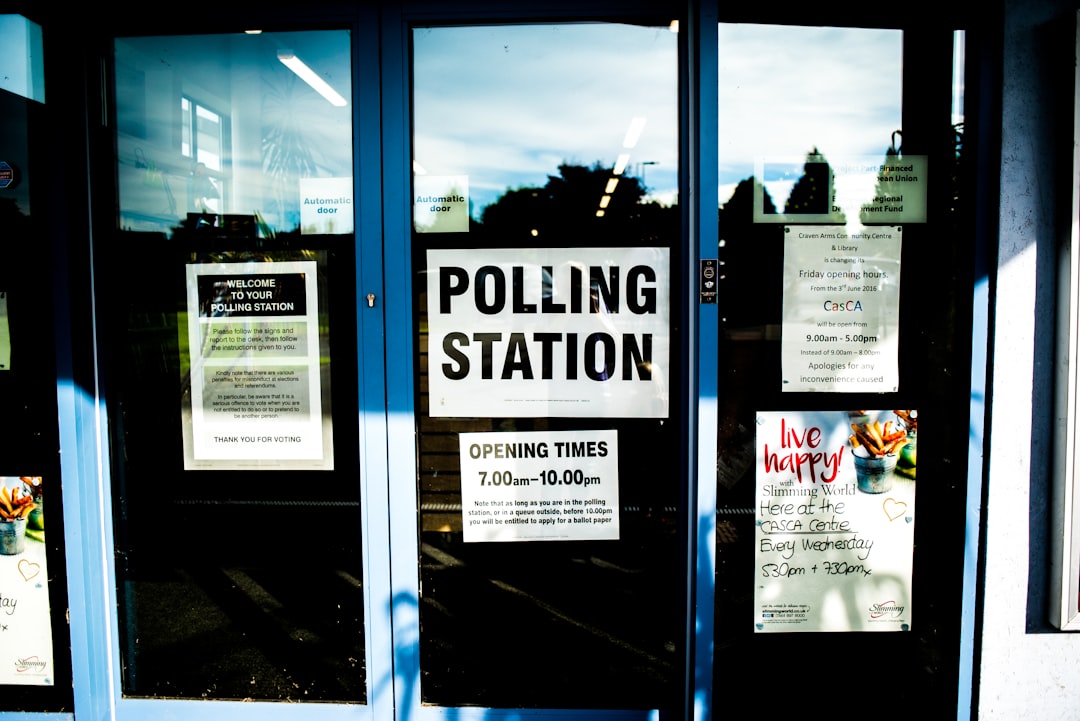What is it about?
Innovation in public participation with ‘deliberative democracy’ that uses collaborative, dialogue-based approaches will be needed for urban sustainability. This article provides an overview of the strengths and gaps of current participation methods in urban India. In the latter part, two case studies of deliberative democracy in Pune, India, are described, and their potential for reform is assessed.
Featured Image

Photo by Wonderlane on Unsplash
Why is it important?
Cities in developing countries face numerous sustainability challenges. These are ‘wicked’ problems, that cannot be addressed without the participation of citizens.
Perspectives
I hope that our action research in Pune would help to promote dialogue based, inclusive and well-structured public participation. It is essential in our current times to reaffirm faith in democratic, equity based processes and continue to deepen and strengthen democracy.
Ms Sanskriti Menon
Centre for Environment Education
Read the Original
This page is a summary of: Linking Traditional ‘Organic’ and ‘Induced’ Public Participation with Deliberative Democracy: Experiments in Pune, India, Journal of Education for Sustainable Development, September 2019, SAGE Publications,
DOI: 10.1177/0973408219874959.
You can read the full text:
Resources
Contributors
The following have contributed to this page










